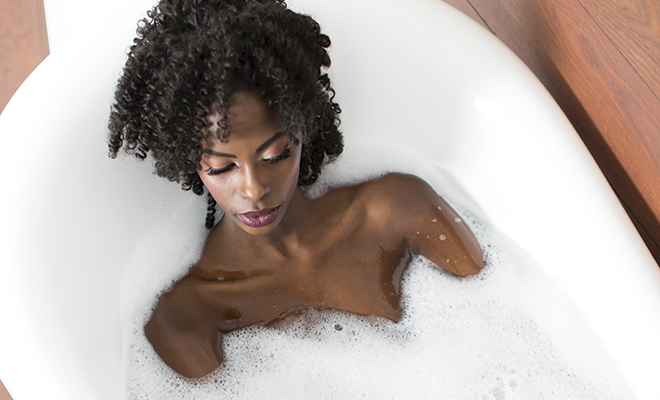
Self-Care
It’s 2023, and we may feel just as stressed this year as we were in 2022. It’s no secret that our world is experiencing the prevalence of anxiety and depression. Whether it’s from pandemic woes, national turmoil or our own family issues, everybody feels the pressure.
But here’s the good news. We can change the way we take care of ourselves. We can practice self-care, and it doesn’t mean we are being selfish or indulgent. Self-care can allow us to take steps and tend to basic physical and emotional health needs while helping us better cope with daily stressors. Just about everyone can benefit from that.
What is Self-Care?
The World Health Organization’s definition of self-care is “the ability of individuals, families and communities to promote health, prevent disease, maintain health and to cope with illness and disability, with or without the support of a healthcare provider.”
The WHO also clarifies that self-care includes everything related to staying physically healthy, such as hygiene, nutrition, seeking medical care when needed and overall happiness. It’s basically all the steps we can take to manage stressors in our lives and take care of our own health and well-being.
Is Self-Care Trendy?
How many times have you heard the term “self-care” lately, or had someone ask you if you do Self-Care Sunday? Yes, the concept may be popular now, but the idea of taking time for ourselves has been growing for decades. Self-care is basically putting back into ourselves something that will help us be the best (or at least better) version of ourselves. We’ve been talking about it for years, so what’s all the commotion about now?
For starters, social media plays a big part in how well an idea takes off. While in the past, we may have “pampered” ourselves or taken that much needed “me time” when life was particularly stressful, we now can see friends and celebrities on Instagram and Facebook applying self-care to their daily life. We see advertisements for sleep aids, massages, spa getaways, piano lessons and more. What may be more important is that our habits, as a whole, say we want to treat ourselves a little better too. In 2021, Google reported that many people between the ages of 18 and 34 were searching the internet for self-care strategies, alternative therapies and information related to nutrition and fitness.
Categories
There are different categories of self-care to consider.
Physical self-care is prioritizing sleep, adopting a manageable fitness program and choosing healthy foods over the processed ones.
Emotional self-care can include positive self-talk, weekly bubble baths, saying “no” to things that cause us stress, giving ourselves permission to take a break, or scheduling a lunch date with a friend.
Spiritual self-care might mean going to our chosen place of worship, spending quiet time in nature, meditating, incorporating regular acts of kindness into our day, or keeping a journal noting what we are thankful for in our daily lives.
What Will Work for You?
In a recent survey of more than 2,000 Americans by One Poll on behalf of Kaiser Permanente, three of four people said that since the pandemic they had increased their use of digital tools that support their mental health. Apps and online tools are a significant source of self-care. What easier way to get immediate attention for your particular needs? It could be a calming app for sleeping, a televisit with a counselor or a mindless game that takes your attention off the daily grind.
It’s important to remember that everyone has their own definition of self-care. While your neighbor may enjoy a couple of hours in the garden to add positive energy to her day, you may want to read or listen to your favorite podcast. Different people will adopt different self-care practices. Our own definition may even change over time, so it’s good to check in with our self-care plan to see if we are still seeing the same benefits.
Long Term Advantages
Self-care isn’t just for the here and now. Many common self-care practices have been linked to longevity. An article published in January 2020 in the Journal of the American Medical Association suggests that longevity in the 21st century depends on engaging in long-lasting healthy practices such as exercise, not smoking and eating a healthy diet. In other words, taking on a positive, healthy lifestyle helps us pay attention to our well-being. It doesn’t hurt to ask ourselves the big questions such as “What brings me satisfaction?” and then finding ways to attain it.
Keep It Simple
Self-care doesn’t have to be complicated or time consuming. Let’s face it, none of us need to add more stress into our lives. But making sure that we make the time to do things we love may help us feel so much better.
Sources: who.int and everydayhealth.com.










